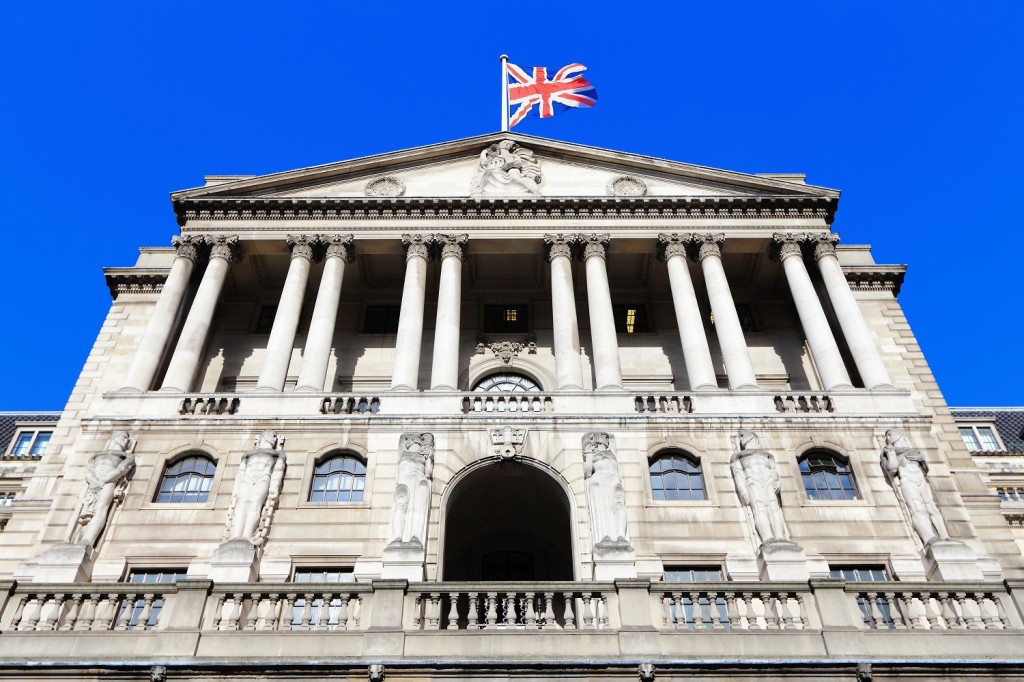The Bank of England has unveiled new plans to clamp down on buy-to-let mortgage lending over concerns that the market could overheat. The Prudential Regulation Authority, the regulatory arm of the BOE, set out its expectations of minimum standards that lenders should meet when underwriting buy-to-let mortgages in a new report, including stricter affordability checks. […]
 The Bank of England has unveiled new plans to clamp down on buy-to-let mortgage lending over concerns that the market could overheat.
The Bank of England has unveiled new plans to clamp down on buy-to-let mortgage lending over concerns that the market could overheat.
The Prudential Regulation Authority, the regulatory arm of the BOE, set out its expectations of minimum standards that lenders should meet when underwriting buy-to-let mortgages in a new report, including stricter affordability checks.
It proposes that when assessing whether borrowers can afford to pay, lenders should take account of likely future interest rate increases over a minimum period of five years.
This assessment would require lenders to set a minimum borrower rate of 5.5% during the first five years of a buy-to-let mortgage contract when assessing affordability.
Costs associated with renting out a property, such as tax liability, will also be considered.
These changes to underwriting standards are expected to reduce the number of new approvals for buy-to-let mortgages by about 10% to 20%.
There are also plans to toughen up checks for portfolio landlords who have more than four rental properties.
The regulator said it will not put the new regulations into force until first getting feedback from the industry.
The BoE has warned that the buy-to-let market is a potential threat to the UK’s economic recovery and that borrowers could be exposed following a downturn, which could hit the wider housing market and economy.
A recent review by the PRA highlighted concerns about lenders’ growth plans and how they might meet them, in particular the risk in relaxing underwriting standards.
The Bank’s Financial Policy Committee said that it remains alert to the “potential threats to financial stability from rapid growth in buy-to-let mortgage lending”.
“The FPC will continue to monitor developments, including the impacts of this initiative and forthcoming tax changes, and to assess the implications for financial stability of the buy-to-let mortgage market,” it said.
Jeremy Leaf, a former RICS chairman and north London estate agent, said: “This is a classic case of slamming the stable door after the horse has bolted. The changes the Chancellor has made to mortgage interest tax relief and higher stamp duty for landlords will have enough of an impact on buy-to-let without the need for further interference from the Bank of England. Landlords will already be put off investing further unless the numbers add up and this is a case of kicking them when they are down.
“The Bank of England should have waited to see what impact the changes that have already been made have on the market before making further tweaks. The combined impact of all these measures will be to cut supply and increase the upward pressure on rents. A number of landlords will already have been tempted to sell before this latest round of proposed changes to the sector.”















Strange how everyone is talking about the landlord here, but, what about the Tenants? Everyone of these changes can only increase rents and as we hardly have any social housing or even a positive government plan to make sure there is enough social housing, then the poorest will be the hardest hit. Recent changes to stress levels by some lenders has already on average increased rents by £50 per month, the landlord can be expected to run the Governments social housing system. They do it as an investment for a return, which in turn gives a valuable service to the country, maybe the Government, Bank of England should be taking this into consideration before stoking the fires again!
At the age of 69, I recently sold my property, hoping to buy something cheaper. I now find that even the most basic flats are now beyond my means. I have been searching all around the perimeter of London and the prices are quite ludicrous compared with even a year ago. The buy-to-let mania has completely skewed the whole housing market and I now wonder if I will ever be able to buy even a fairly decent one-bed flat ever again.